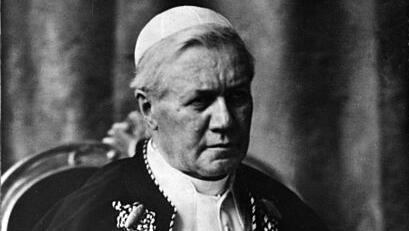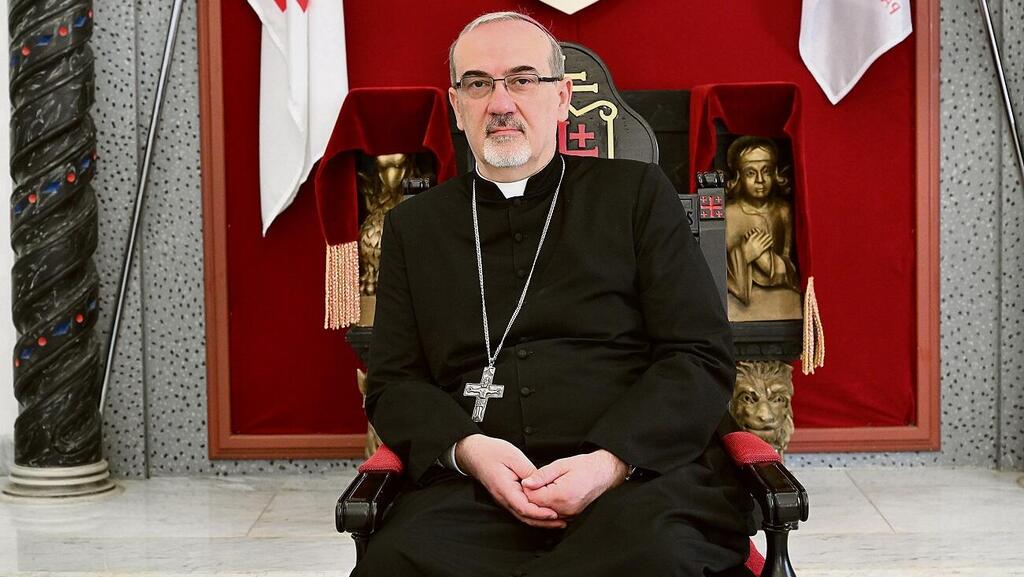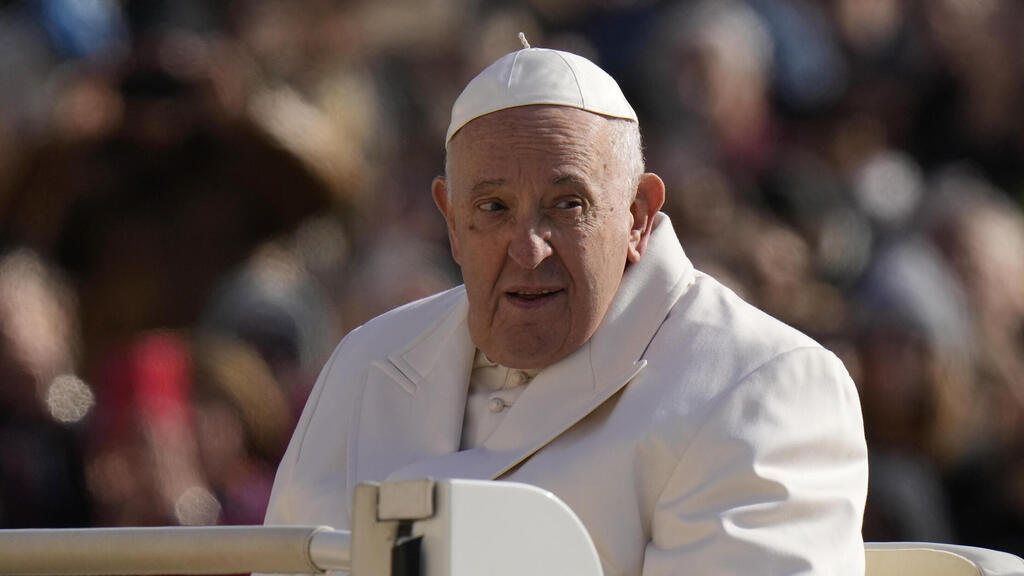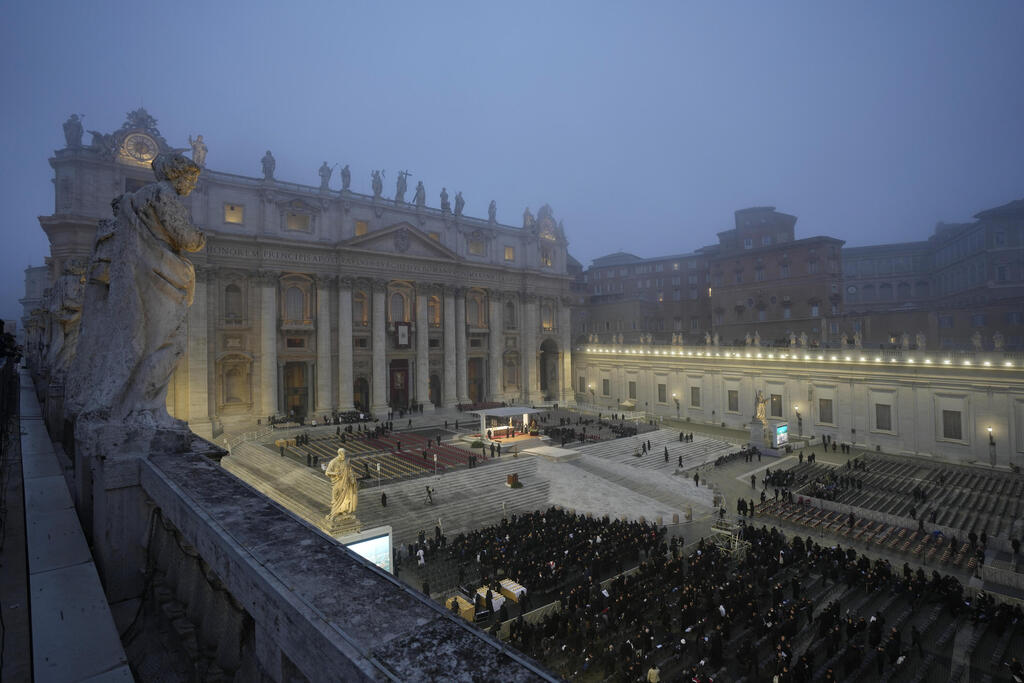In January 1904, Binyamin Ze’ev Herzl urged Pope Pius X to show goodwill toward the Zionist movement and support the arrival of Jews from Eastern Europe, who were subjected to persecution and pogroms, to seek refuge in Israel.
More stories:
Pope Pius X flatly refused, asserting that the Jews didn’t recognize Jesus and his gospel; therefore, he could not acknowledge the Zionist movement in any way. He was deeply concerned that the holy places of Christianity might fall into Jewish hands, despite Herzl's assurance that Jerusalem would gain international status.
However, 30 years ago, at the end of December 1993, a fundamental agreement was signed between the Vatican and the State of Israel, marking a historic milestone. After Jews endured about 1,500 years of persecution and oppression, providing evidence of Christianity's superiority, the Vatican acknowledged the right of the Jewish people to exist in their land and independent state.
The opposition to Zionist aspirations due to the denial of the divinity of Jesus became irrelevant, and the agreement included the appointment of ambassadors, religious freedom, liturgy, and hospitality in the Holy Land, establishing the continued status quo in the holy landmarks.
Since then, relations between the two states have been conducted openly, and joint committees are being actively held. Three popes have visited Jerusalem on official state visits, and during their visits to Yad Vashem, the importance of combating Holocaust denial has been emphasized to them.
Up to this point, things are well and fine, say Cardinal Pierbattista Pizzaballa (the Latin Patriarch responsible for the Catholic communities in Israel, the Palestinian Authority, Jordan, and Cyprus) and Rabbi David Rosen, who has been engaged in fostering good relations between Christians and Jews for decades. Today, he serves as a special advisor to the Abrahamic Family House in Abu Dhabi, an impressive complex featuring a mosque, synagogue, and church.
However, both emphasize that despite the historical and unique political significance of the agreement, the discussion on several of its clauses, such as the legal and economic status of the church's numerous properties in the country, has not yet been concluded. Thus, it has not been given final approval by Israeli authorities.
However, it wasn’t only the desire to rectify historical and theological injustices that led the Vatican to sign the agreement in 1993, but also political considerations. Just a few months earlier, the Oslo Accords were signed, and the Church, aspiring to be involved in discussions about the future of Jerusalem needed diplomatic ties with Israel.
The second clause of the agreement is particularly relevant to the current situation in Israel. According to it, "the Holy See and the State of Israel are committed to meaningful cooperation in the fight against antisemitism in all its forms and against all types of racism and religious intolerance."
The Holy See reiterated its condemnation "against persecution and all other manifestations of antisemitism directed against the Jewish people or individuals," especially condemning acts that desecrate the memory of Holocaust victims.
The Vatican did this even before the agreement was signed, publishing a series of documents and speeches denouncing antisemitism and praising the dialogue with Jews. It recalled that Jesus, his family, and disciples were born into the Jewish people, and did not shy away from acknowledging the Church's role in fostering antisemitism in the centuries leading up to the Holocaust.
The current pope, who occasionally speaks out vehemently against antisemitism, emphasizes that a Christian cannot be antisemitic, as Christianity originated and was born from Judaism.
However, this explicit clause hasn’t been implemented by both parties, and meaningful cooperation in the fight against antisemitism has not materialized thus far. Rabbi Rosen suggests that Israel could have worked against antisemitism alongside Vatican embassies worldwide, distributing Vatican documents and papal missives denouncing antisemitism both before and after the agreement.
The Church could act now when antisemitism is on the rise globally and use its voice to fight it, particularly as a global religious leadership.
The documents and agreement between Israel and the Vatican have been translated into Hebrew, Rabbi Rosen emphasizes, and their distribution among the public in Israel, especially among the youth, will raise awareness of the changes that have occurred in the Church's attitude toward the Jewish people and their state.
This, in turn, can lead to joint action against antisemitism. There’s no doubt that the combined efforts suggested by both the rabbi and cardinal are essential now to strengthen the fight against antisemitism, at least within the Christian world, which now has over a billion and a half believers.
To conclude, here are two examples illustrating the special relationship individuals in the Church have with Judaism and Israel: during the negotiations leading to the signing of the agreement in 1993, the Israeli Ambassador to Italy, Avi Pazner, and his wife Marti visited Pope John Paul II.
He warmly welcomed them, and upon their departure, he escorted them to the door – a rare gesture – and asked them to remember they represent not only the State of Israel but also the chosen people.
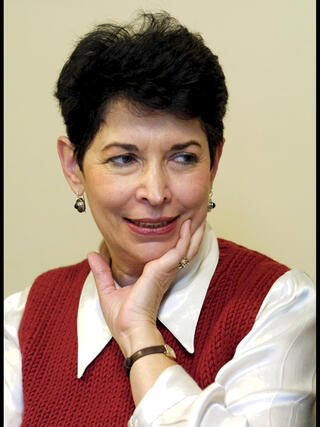 Prof. Dina PoratPhoto: Oren Argaman
Prof. Dina PoratPhoto: Oren ArgamanAnother touching and meaningful gesture came from Cardinal Pizzaballa, who following the October 7 attack, offered to be taken captive by Hamas in exchange for the release of kidnapped Israeli children.
Prof. Dina Porat is Yad Vashem’s academic consultant and a professor emerita of modern Jewish history at the Department of Jewish History at Tel Aviv University.



